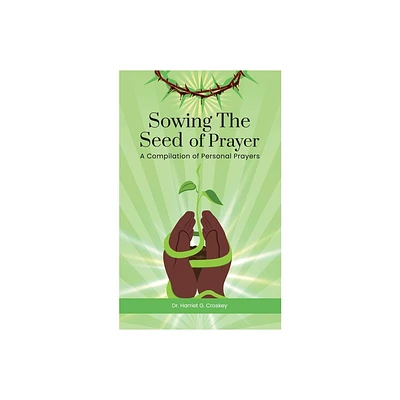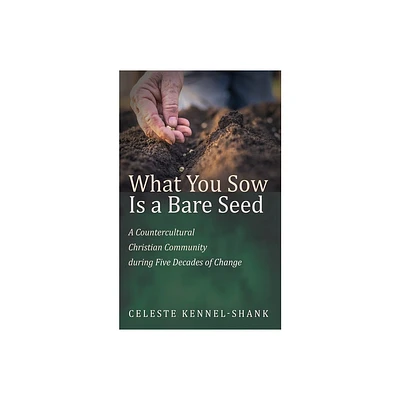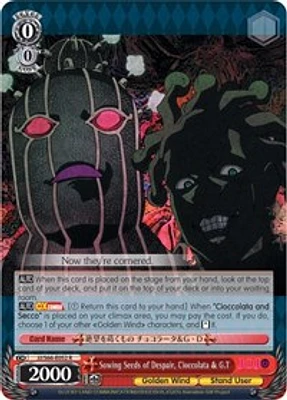Home
the Seeds We Sow: A Story of Greatest Kindness
Loading Inventory...
Barnes and Noble
the Seeds We Sow: A Story of Greatest Kindness
Current price: $18.49


Barnes and Noble
the Seeds We Sow: A Story of Greatest Kindness
Current price: $18.49
Loading Inventory...
Size: Paperback
*Product Information may vary - to confirm product availability, pricing, and additional information please contact Barnes and Noble
"Practice random acts of kindness" is a catchy little phrase. It is also nonsense, for there should be nothing random about the decision to be kind. THE SEEDS WE SOW: A Story of the Greatest Kindness offers historical proof that it is the most powerful of all decisions.
This book tells the story of the intertwined lives of Dr. George Washington Carver, Vice President Henty Agard Wallace, and Nobel Laureate Norman E. Borlaug. It shows how their kindnesses were passed on and enhanced across generations.
In his quest to help feed poor people, George Washington Carver was not influential because he was the "peanut man." Rather, he changed the world by bringing the Beatitudes to life in his Tuskegee laboratory. His protégé Henry Agard Wallace continued Carver's work as the New Deal Secretary of Agriculture and Vice President of the United States. He was likely one of the twentieth century's most underappreciated and misunderstood leaders. In turn, Wallace passed the baton to Norman Borlaug, who worked in quiet obscurity until he was the surprise recipient of the Nobel Peace Prize in 1970. He is credited with sparing two billion people the horrors of starvation.
M.S. Swaminathan of India summed up his friend's life, "Norman Borlaug is the living embodiment of the human quest for a hunger-free world. His life is his message."
Because Carver, Wallace and Borlaug lived, so do we.
This book tells the story of the intertwined lives of Dr. George Washington Carver, Vice President Henty Agard Wallace, and Nobel Laureate Norman E. Borlaug. It shows how their kindnesses were passed on and enhanced across generations.
In his quest to help feed poor people, George Washington Carver was not influential because he was the "peanut man." Rather, he changed the world by bringing the Beatitudes to life in his Tuskegee laboratory. His protégé Henry Agard Wallace continued Carver's work as the New Deal Secretary of Agriculture and Vice President of the United States. He was likely one of the twentieth century's most underappreciated and misunderstood leaders. In turn, Wallace passed the baton to Norman Borlaug, who worked in quiet obscurity until he was the surprise recipient of the Nobel Peace Prize in 1970. He is credited with sparing two billion people the horrors of starvation.
M.S. Swaminathan of India summed up his friend's life, "Norman Borlaug is the living embodiment of the human quest for a hunger-free world. His life is his message."
Because Carver, Wallace and Borlaug lived, so do we.


















